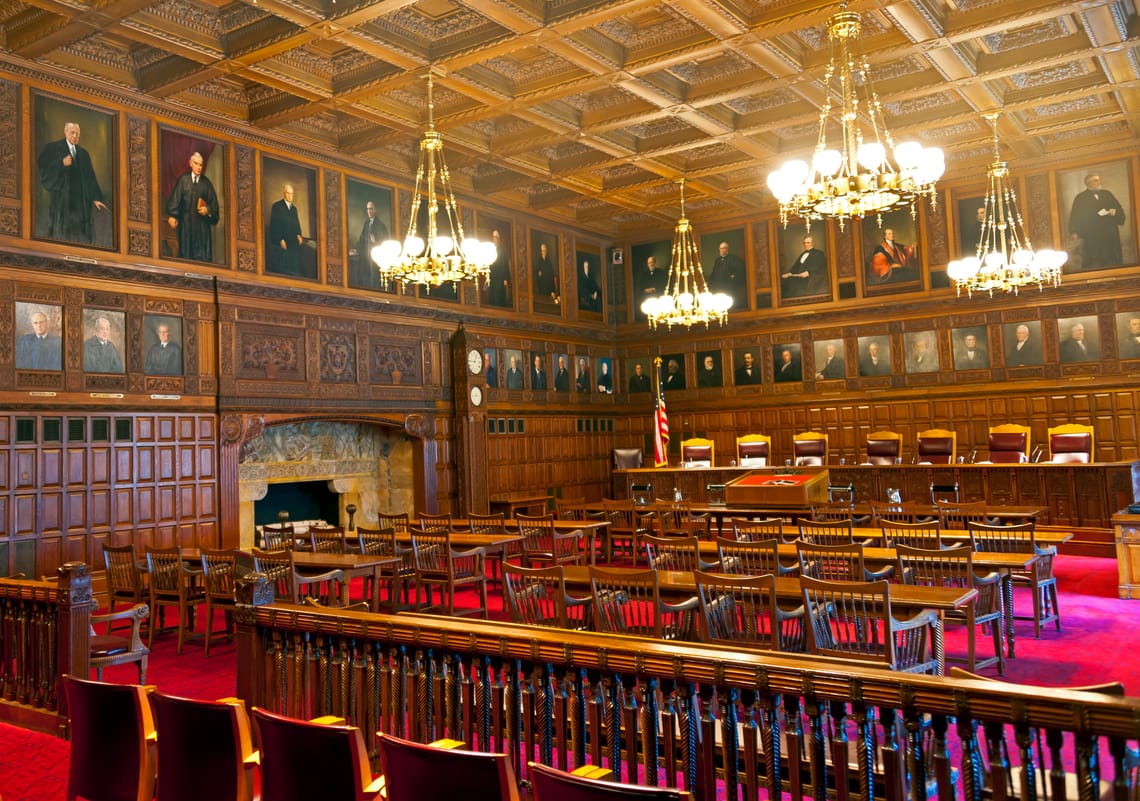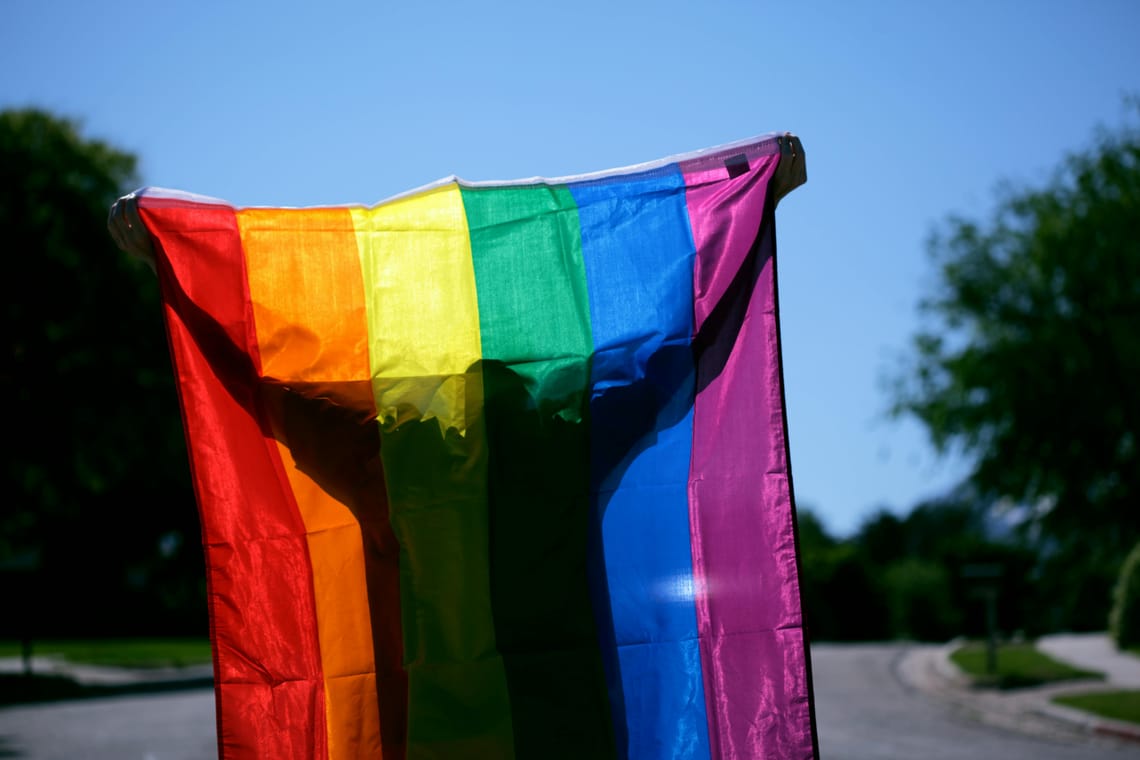Pop star Lizzo, known for hits like "Truth Hurts" and "Good As Hell," is facing serious allegations from three former backup dancers that could tarnish her public image as a champion of body positivity and self-love.
Lizzo Sued for Harassment and Discrimination by Former Backup Dancers
In a lawsuit filed in Los Angeles Superior Court, dancers Crystal Williams, Arianna Davis, and Noelle Rodriguez accuse Lizzo, her dance captain Shirlene Quigley, and associated entity BIG GRRRL BIG TOURING, INC. of sexual and racial harassment, discrimination, assault and creating a hostile work environment.
The plaintiffs allege violations of the Fair Employment and Housing Act, including failure to prevent harassment and discrimination. Their attorney Ron Zambrano says this is just the beginning, with other former employees coming forward.
Lizzo's lawyer, Hollywood veteran Marty Singer, has disputed the claims. Lizzo herself said the allegations come from people whose "behavior on tour was inappropriate and unprofessional."
Allegations Contradict Lizzo's Celebrity Image
The accusations strike at the core of Lizzo's public persona as a champion of inclusivity. Her fanbase, drawn to her messages of self-love and body positivity, may see the allegations as a betrayal.
Industry backlash has already begun, with Beyonce omitting Lizzo's name from her "Break My Soul" remix following the lawsuit. More collaborators may distance themselves as Lizzo's reputation hangs in the balance.
On social media, former fans expressed dismay, saying the harassment claims contradict the celebrity they thought they knew. But others argued the case reinforces skepticism of celebrity images that rarely reflect reality.
Could Set Precedent for Accountability
If the plaintiffs succeed, experts say it could establish new standards of accountability for how celebrities treat employees and collaborators. The music industry may be pressed to re-examine its policies and culture.
For Lizzo, the lawsuit threatens to end her career ascent abruptly. But she maintains the accusations come from disgruntled employees, not victims. Her team vows to disprove the charges in court.
Whatever the outcome, many feel the case is a reminder that the public personas of even the most popular celebrities should not be taken at face value. Lizzo's feel-good messaging may persist, but now rings hollow for fans left disillusioned.
Khushi Ladole
Khushi is an intern at Chen Law Journal and has a strong passion for education, public policy, and business. Beyond this, she loves to read, write, and is constantly eager to learn.
Email Me




